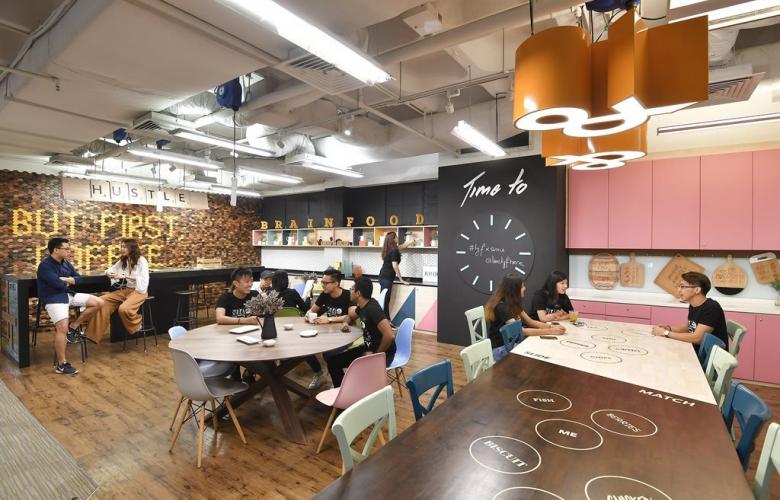Millennials in Asia are now sharing more than work spaces and transport. They have turned to living together in a new form of shared housing where residents have common interests and lifestyles, according to a report “Bridging the housing gap” by real estate consultancy JLL.
The research reveals that co-living is gaining traction in Asia, particularly in markets like Hong Kong and greater China, where housing affordability is a concern. While flat-sharing among students and young professionals is popular in many countries, what differentiates co-living spaces is they are professionally managed rather than informally arranged.
Most operators highlight the community aspects of the service, which may range from yoga classes, film screenings, meals and free drinks, through to networking events with guest speakers and workshops tailored to the specific interests of residents.
“To those locked out of the residential market, the arrival of co-living offers an affordable solution to their needs: an alternative to staying in the family home, sharing a rental unit, or living in a subdivided flat,” says Denis Ma, Head of Research, JLL Hong Kong. “In addition, the community elements touted by most co-living schemes have the potential to improve the overall well-being of residents.”
In China, the concept of co-living started with YOU+ International Youth Community among other operators that emerged in 2012. By the end of 2016, there were nearly 90 operators across the country. Vanke Port Apartment, one of China’s largest operators, managed more than 60,000 units. Meanwhile, YOU+ operated 16 properties, Mofang expanded to about 15,000 units, ZiRoom operated 7 properties and Coming Space managed 10,000 units.
“The demand from millennials for co-living is huge in China. In the past five years alone, there were 43 million new graduates. Given the high housing prices across the country’s tier 1 and 2 cities, it will take at least three to five years for them to start purchasing their own homes, which means many of them will have to rent or look for short-term alternatives. Therefore, co-living is definitely an attractive option,” explains Joe Zhou, Head of Research, JLL China.
Inspired by the co-working phenomenon, some operators have brought work and lifestyle under one roof. India, for instance, currently has four start-ups that focus on co-living in Gurgaon and two based in Bengaluru.
Meanwhile in Singapore, Aurum Investments, a sister company of co-working space Collision8, has invested in a new co-living startup Hmlet. There is also a Beijing-based start-up 5Lmeet that extends beyond shared accommodation – it offers occupants an open office, as well as other amenities such as restaurants, gym and event space.
Investors converting to co-living
Bolstered by high barriers to homeownership and a shortage in housing supply, the co-living market is proving to be attractive to investors and owners of existing properties, particularly in the hospitality sector.
“Smaller budget and boutique hotels are one of the first property types being converted into co-living spaces due to the similar unit sizes and mature operating teams,” says Zhou. “However, converting other properties to co-living has to go through a complicated legal and planning process, which increases the time and cost.”
According to Ma: “Another consideration is durability and obsolescence. The modern fit-out and finishes provided in many new co-living houses are what makes them attractive to users. Whether these shared spaces can maintain their appeal after several years of general wear and tear will also depend on how much operators invest in upkeep and maintenance.”
For more information on co-living in Asia, download JLL’s report here.
To discuss the report phone or email Denis Ma, Head of Research, JLL Hong Kong via the contact details below.
Source: JLL
Similar to this:
The rise of co-living: How Millennials are reshaping the way we live
Co-living: next big trend in real estate?
Retire to Phuket at Kamala Senior Living on serene Kamala Bay









